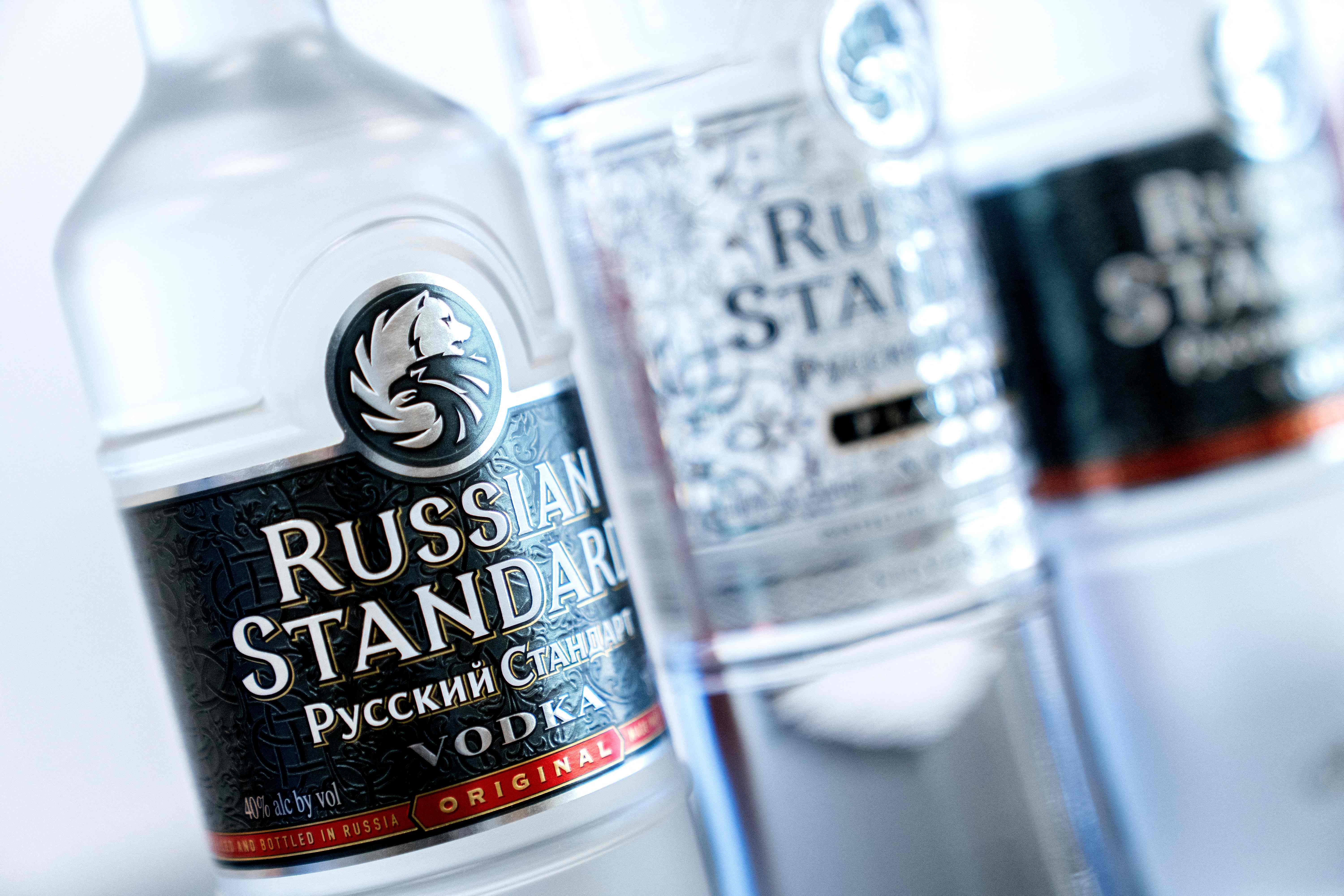Stigmatising Russian people and culture plays right into Putin’s hands
Showing solidarity with the people of Ukraine doesn’t mean banning all things Russian. We must make a distinction between the Russian state and its people and culture


Your support helps us to tell the story
From reproductive rights to climate change to Big Tech, The Independent is on the ground when the story is developing. Whether it's investigating the financials of Elon Musk's pro-Trump PAC or producing our latest documentary, 'The A Word', which shines a light on the American women fighting for reproductive rights, we know how important it is to parse out the facts from the messaging.
At such a critical moment in US history, we need reporters on the ground. Your donation allows us to keep sending journalists to speak to both sides of the story.
The Independent is trusted by Americans across the entire political spectrum. And unlike many other quality news outlets, we choose not to lock Americans out of our reporting and analysis with paywalls. We believe quality journalism should be available to everyone, paid for by those who can afford it.
Your support makes all the difference.I understand and sympathise with the anger at Putin’s horrific invasion of Ukraine. When people are angry they look for someone to blame. But penalising ordinary Russians is not morally right, nor will it have the intended effect. It will stigmatise an entire country and play into Putin’s hands.
Full disclosure: I have family of Russian heritage. They regularly travel back and forth to Russia. But the idea they support Putin is laughable. Across the UK there are over 70,000 people of Russian heritage, and over 3 million people in the United States. It should be obvious that most Russians abroad have no desire to live under Putin’s dictatorship.
This isn’t to say all sanctions are wrong. The economic penalties imposed on the Russian state are necessary. Targeting Russian banks and Putin’s cronies is also necessary. I can even (reluctantly) stomach the ban on the Russian national teams from global sporting events, but we must make a distinction between the Russian state and its people and culture. Targeting anything Russian looks and sounds like xenophobia.
Last week the Republican governor of Texas Greg Abbott tweeted: “I’ve asked the members of the Texas Restaurant Association, Texas Package Stores Association & all Texas retailers to voluntarily remove all Russian products from their shelves. Texas stands with Ukraine."
Targeting all Russian products legitimises targeting all people of Russian heritage too. Conservative MP Sir Roger Gale recently told a radio station: “The prime minister said last week that we shouldn’t visit the sins of parents upon their children. Well, I’m sorry, my view is that we should send a very clear message and rescind all the visas for Russian citizens currently extant in the United Kingdom and send everybody home.” He was immediately repudiated by members of his own party, but this sort of talk is becoming very common.
Unfortunately, it’s not just right-wing Republicans leading this crusade against all Russians. A tweet by the left-wing magazine New Statesman last week read: “Russians ought to be excluded from everything: international business, sport, travel and, yes, even song contests.”
As the journalist Diyora Shadijanova pointed out: “Wanting Ukrainians to be free is to also remember that the Russian people have to undergo their own liberation process. Russia’s horrific human rights problems are perpetuated by the same violent dictator. Make space for multiple freedoms – there are no winners in war.”
This week some British bars and supermarkets said they would stop selling Russian vodka, following the lead of some American bars. The Royal Opera House in London has cancelled a planned residency by Moscow’s Bolshoi Ballet, one of the oldest and most prestigious ballet companies in the world. The Helix theatre in Dublin has cancelled a performance of Swan Lake by the Royal Moscow Ballet “to stand in solidarity with the people of Ukraine”.
To keep up to speed with all the latest opinions and comment, sign up to our free weekly Voices Dispatches newsletter by clicking here
Showing solidarity with the people of Ukraine doesn’t mean banning all things Russian. We can stand up to Putin without making Russians abroad feel unwelcome. Why should my nephews and nieces, who are learning Russian at home, be ashamed of their part-Russian heritage? The UK and the US don’t have bans on Iranian or Syrian culture – despite their brutal regimes. China is not only allowed to compete but recently hosted the Olympics despite its own cultural genocide against the Uyghur and Tibetan people.
Demanding that performers and athletes speak out against Putin’s Russia is un-American, wrote the American economist and columnist Tyler Cowen last week. Even during the height of the Cold War, he points out, when the Soviets were responsible for far more atrocities, there were no international sporting bans on the USSR. The view at the time was that showing hospitality and openness to the Soviets would illustrate the beauty of liberal democracies.
As the war drags on, and the Russian military is ordered to be more brutal, the calls to penalise Russians abroad will increase. We should resist these calls at all costs.
By picking on ordinary Russians and Russian culture, we are reinforcing Putin’s narrative that the west hates the Russian people. This approach will only strengthen his power at home. Instead, we need to embrace Russian people because they too need liberation from this megalomaniac dictator.
Join our commenting forum
Join thought-provoking conversations, follow other Independent readers and see their replies
Comments